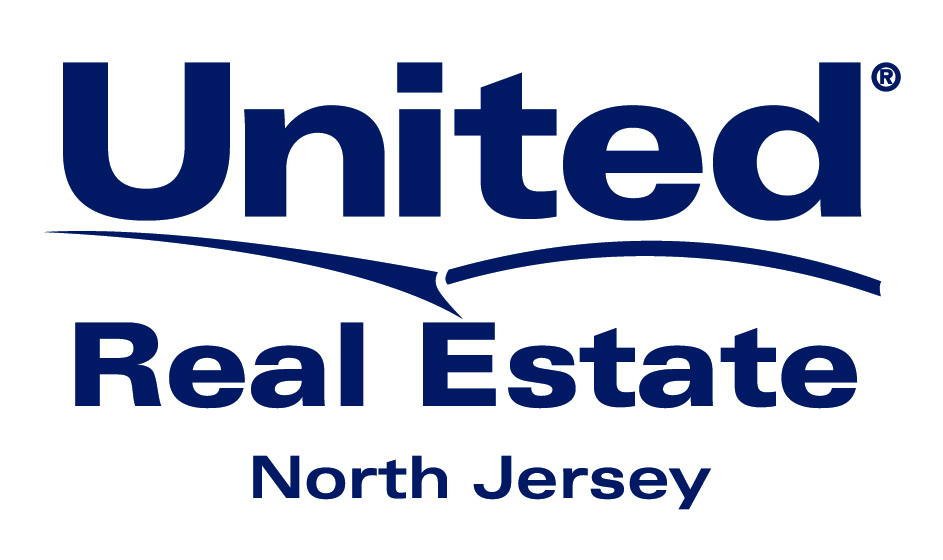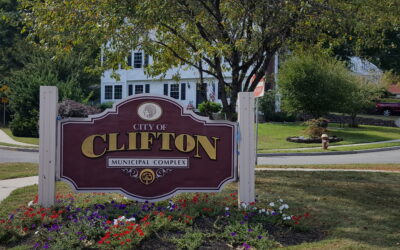Capital Gains Taxes?… How to Sell a Home Without Paying Capital Gains Tax: What Home Sellers Need to Know
If you’re planning to sell your home, you may be wondering how to avoid capital gains taxes. Understanding the rules and available exemptions can save you thousands of dollars and help you keep more profit in your pocket. While taxes can be complex, there are clear ways you can reduce or eliminate your capital gains liability when selling a home. In this blog, we’ll break it all down in plain language, focusing on what homeowners in Clifton, NJ, need to know.
Before we begin, a quick disclaimer: This blog is for informational purposes only and does not constitute tax, legal, or financial advice. Always consult a tax professional, CPA, or attorney for guidance specific to your situation.
What Are Capital Gains Taxes?
When you sell a home, the IRS considers the profit you make from the sale as a “capital gain.” Capital gains taxes are simply the difference between the amount you paid for the home (your cost basis) and the amount you sold it for (your sale price).
For example:
- If you bought your home for $200,000 and sold it for $400,000, your capital gain is $200,000.
Capital gains are taxable, but there are exceptions and exclusions specifically designed to help homeowners reduce or eliminate these taxes.
The Home Sale Exclusion Rule
The good news for homeowners is that the IRS offers a generous Home Sale Exclusion, also known as the Section 121 Exclusion. This rule allows you to exclude up to:
- $250,000 of capital gains if you are a single filer.
- $500,000 of capital gains if you are married and filing jointly.
For many homeowners, this means you may owe no taxes at all on the sale of your primary residence. However, you must meet certain criteria to qualify for this exclusion.
How to Qualify for the Home Sale Exclusion
To claim the exclusion, you must meet two key requirements:
- Ownership Test: You must have owned the home for at least two years during the five years leading up to the sale.
- Use Test: You must have used the home as your primary residence for at least two of the last five years.
If you meet both the ownership and use tests, you can take full advantage of the exclusion limits.
Example: Let’s say you bought your Clifton home for $300,000 and sold it for $600,000. If you are a married couple filing jointly, you can exclude up to $500,000 of the gain. That means you won’t owe any capital gains taxes because the $300,000 gain is fully excluded.
Partial Exclusion for Special Circumstances
If you don’t meet the full ownership and use tests, you may still qualify for a partial exclusion of capital gains. Special circumstances include:
- A job relocation (moving more than 50 miles away).
- Health-related reasons.
- Unforeseen events, such as divorce or natural disasters.
Even if you’ve only lived in your home for a short time, it’s worth exploring whether you can claim a partial exclusion.
Example: You lived in your home for just 18 months before accepting a job relocation. While you don’t meet the two-year requirement, you may still qualify for a prorated exclusion based on the time you lived in the home.
How Improvements Impact Your Capital Gains
Did you know that home improvements can reduce your taxable gain? The IRS allows you to add the cost of qualifying capital improvements to your home’s cost basis. This effectively reduces the amount of your capital gain.
What Counts as a Capital Improvement?
Capital improvements include any upgrades that:
- Increase the value of your home.
- Extend the useful life of your home.
- Adapt your home for new uses.
Some examples include:
- Adding a new roof, deck, or swimming pool.
- Installing a new HVAC system or windows.
- Renovating the kitchen or bathrooms.
- Adding a home office or converting an attic or basement into living space.
Example: You purchased your home for $250,000 and spent $50,000 upgrading the kitchen and adding a deck. When you sell the home for $400,000, your cost basis is now $300,000 ($250,000 purchase price + $50,000 improvements). This reduces your capital gain to $100,000 instead of $150,000.
Keep Records of Improvements
To take advantage of this rule, keep detailed records of all improvements, including receipts, invoices, and permits. This documentation will be invaluable when calculating your cost basis and minimizing your taxable gain.
Pro Tip: If you’re planning to sell your home in the next few years, consider making strategic upgrades that not only boost your home’s value but also reduce your taxable gain.
Avoiding Capital Gains Taxes When Selling an Inherited Home
If you’ve inherited a home, the capital gains calculation is different. Instead of using the original purchase price as the cost basis, the IRS allows you to use the home’s fair market value (FMV) at the time of inheritance.
This is called a stepped-up basis, and it significantly reduces your capital gain.
Example: If your parents bought a Clifton home for $150,000 years ago and you inherit it when it’s worth $500,000, your cost basis is now $500,000. If you sell the home for $510,000, your capital gain is only $10,000.
This rule is particularly helpful for heirs who plan to sell an inherited property quickly.
Special Note for Multiple Heirs
If multiple people inherit a home (e.g., siblings), the stepped-up basis applies proportionally to each heir’s share. For example, if you inherit half of a $500,000 home, your stepped-up basis is $250,000.
Strategies for Reducing Capital Gains Taxes
If you anticipate a significant capital gain on your home sale, here are additional strategies to minimize your tax liability:
- Timing Your Sale: If you’re close to meeting the two-year ownership and use tests, consider delaying the sale to qualify for the full exclusion.
- Renting Before Selling: If you’ve used the home as a rental, you may still qualify for the exclusion if you meet the ownership and use tests.
- Offset Gains with Losses: You can offset capital gains with losses from other investments (known as tax-loss harvesting).
Consult a Tax Professional
While there are clear strategies for avoiding or minimizing capital gains taxes, every homeowner’s situation is unique. Tax laws are complex and constantly evolving, so it’s important to work with a qualified tax professional or CPA. They can help you:
- Calculate your cost basis accurately.
- Determine your eligibility for exclusions.
- Plan your sale to minimize taxes.
At Sanchez Realty Group, we specialize in helping homeowners navigate the selling process in Clifton, NJ, and surrounding areas. While we can’t provide tax advice, we can connect you with trusted local professionals who can.
Final Thoughts
Selling a home without paying capital gains taxes is possible if you take advantage of the IRS rules, exclusions, and deductions available to you. By understanding the Home Sale Exclusion, tracking your capital improvements, and working with qualified professionals, you can keep more of your hard-earned profits.
If you’re thinking about selling your home in Clifton or Fairlawn, NJ, the team at Sanchez Realty Group is here to help. We’ll guide you through every step of the process and ensure you have the resources you need to make informed decisions.
Ready to Sell Your Home?
Contact Roberto A. Sanchez and the team at Sanchez Realty Group today. Let us help you make your next move with confidence and clarity!




0 Comments